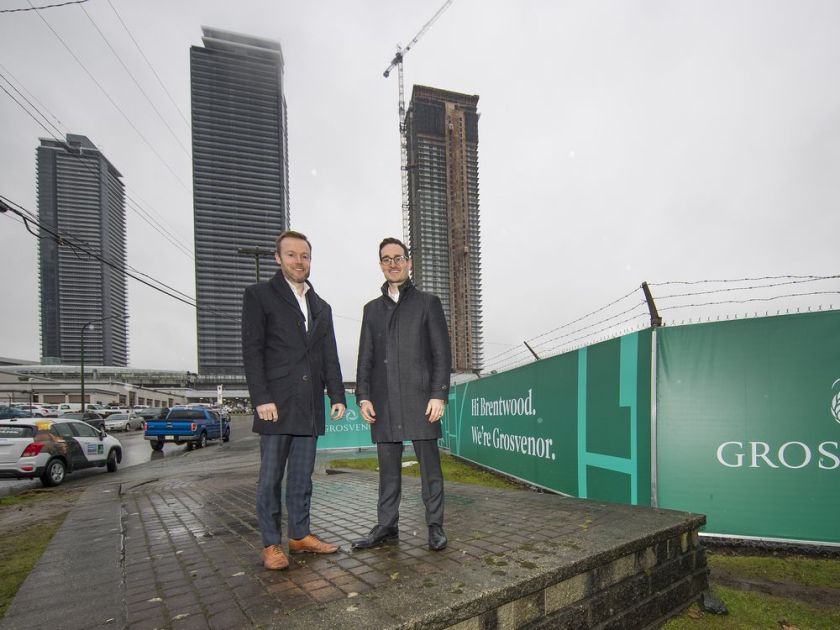The lines of taxation get blurry when strata corporations run a commercial enterprise
Tony Gioventu
The Province
Dear Tony:
Our strata corporation is a multi-building community in the Fraser Valley. We host five guest suites solely for owner use at a minimal cost to cover expenses, rent 20 additional parking spaces at $25 per month and receive revenues from a lease with Telus for the communication towers on one of our buildings. We also rent the caretaker suite in our building at market rates as we have not had a resident caretaker for a number of years.
One council member has raised concerns over our revenues and insisted we are probably going to pay taxes on the revenues. Our property manager has advised us to not file a tax return as we have never filed a return before and strata corporations are non-profit associations so we don’t pay any taxes.
We are confused about the obligations. Do strata corporations ever have to pay taxes on revenues? Strata fees are not revenue they are simply a method of owners contributing to their own expenses.
— Sheila M.
Dear Sheila:
While tax time is approaching for personal returns, strata corporations returns are determined by their fiscal year end.
All strata corporations in British Columbia must file an annual tax return. Strata corporations are defined as non-taxable corporations under the Tax Act, they are not non-profit associations. There are limits to this exemption and there are strata corporations who have been taxed based on certain levels of revenue and source.
Your strata corporation may also be required to collect GST on non-residential strata fees and strata fees on units in a rental pool, or if your strata corporation is engaged in commercial activities. The routine operations of a strata corporation are generally not taxable. Your monthly strata fees, special levies, interest on your operating account, contingency funds and special levies, fines and penalties imposed for bylaw violations and resident user fees for parking spaces and guest suites are all generally non-taxable.
The lines of taxation get blurry when strata corporations run a commercial enterprise or use or lease property to a significant benefit of the corporation that results in financial benefits to the owners. For example, if your strata corporations owns and manages a commercial marina, a golf course that operates as a commercial entity, or uses their common areas to enter into commercial lease agreements with service providers for communications towers, billboards, public parking lots or signage, those revenues could be deemed to be taxable.
There are strata corporations who have been audited and required to pay taxes on a variety of revenues. Don’t assume your commercial revenues are exempt in a small strata. The number of units in the strata corporation is not necessarily relevant. In addition to the potential for taxable revenues, strata corporations also have an obligation to report funds paid to non contracted employees, including members of council and owners who are paid for on site services and remunerated council members who are not working as an independent contractor.
If your strata corporation generates any external or commercial revenue or retains any staff, consult with a qualified accountant to assist your strata corporation in filing your annual tax return. For those self managed and purely residential strata corporations who are not generating external revenues, you will need a T-2 short form, a copy of your annual financial statement and an information return.
The return is easy enough for strata council to file on behalf of their strata corporation. If there is a chance your strata corporation has a taxable benefit, you will receive a letter from Canada Revenue Agency requesting additional information.
© 2020 Postmedia Network Inc.



